ICC’s chief prosecutor to ‘de-prioritize’ probe into US war crimes in Afghanistan
Under immense pressure by the United States, the Hague-based International Criminal Court (ICC)’s new chief prosecutor says he wants to focus his investigation in Afghanistan on the Taliban and to “de-prioritize” a probe into war crimes and crimes against humanity committed by US forces.
British national Karim Khan, who was sworn in last week as the new prosecutor of the ICC, said on Monday that he had asked judges to allow him to re-launch the probe following the Taliban takeover of Afghanistan in August.
“Recent developments in Afghanistan and the change in the national authorities represent a significant change of circumstances,” Khan said in a statement.
The ICC chief prosecutor said he would now narrow down his focus in Afghanistan due to the “limited resources” of the ICC as it investigates various situations around the world.
“After reviewing matters carefully, I have reached the conclusion that, at this time, there is no longer the prospect of genuine and effective domestic investigations.”
The Afghanistan probe’s inclusion of US crimes had infuriated Washington.
“I have therefore decided to focus my office’s investigations in Afghanistan on crimes allegedly committed by the Taliban and the Daesh-K and to de-prioritize other aspects of this investigation,” he said, referring to an offshoot of the Daesh Takfiri terrorist group.
“In relation to those aspects of the investigation that have not been prioritized, my office will remain alive to its evidence preservation responsibilities, to the extent they arise.”
This was because of the “gravity, scale and continuing nature of alleged crimes by the Taliban and the Daesh” and the need to “construct credible cases capable of being proved beyond reasonable doubt in the courtroom,” Khan said.
The ICC prosecutor specifically mentioned the deadly August 26 attack on the Kabul airport, claimed by the Daesh-K, in which more than a dozen US service members and over 100 Afghan civilians were killed.
Since taking power, the Taliban have grappled with a severe economic crisis and faced pressure over protection of human rights, including the rights of women.
The government of Afghanistan rapidly collapsed on August 15 and President Ashraf Ghani fled the country in the face of the lightning advances of the Taliban that followed US President Joe Biden’s decision to fully withdraw the American troops in a disastrous pullout.
On September 7, the Taliban announced the formation of a caretaker government.
The ICC investigation into war crimes and crimes against humanity in Afghanistan was given the go-ahead in March 2020.
Three years before that – in 2017 – Khan’s predecessor, Fatou Bensouda, had asked judges to allow a full-blown probe not only into the Taliban and Afghan government personnel but also the international forces as well as US troops and members of the CIA.
Bensouda’s move had angered former US President Donald Trump’s administration, which revoked the Gambian-born chief prosecutor’s visa as part of broader restrictions on the ICC staff probing American or allied personnel.
Khan, who inherits a bulging file of tough cases, including in the occupied Palestinian territories, has lamented that the ICC had previously achieved “so little so often” in terms of convictions.
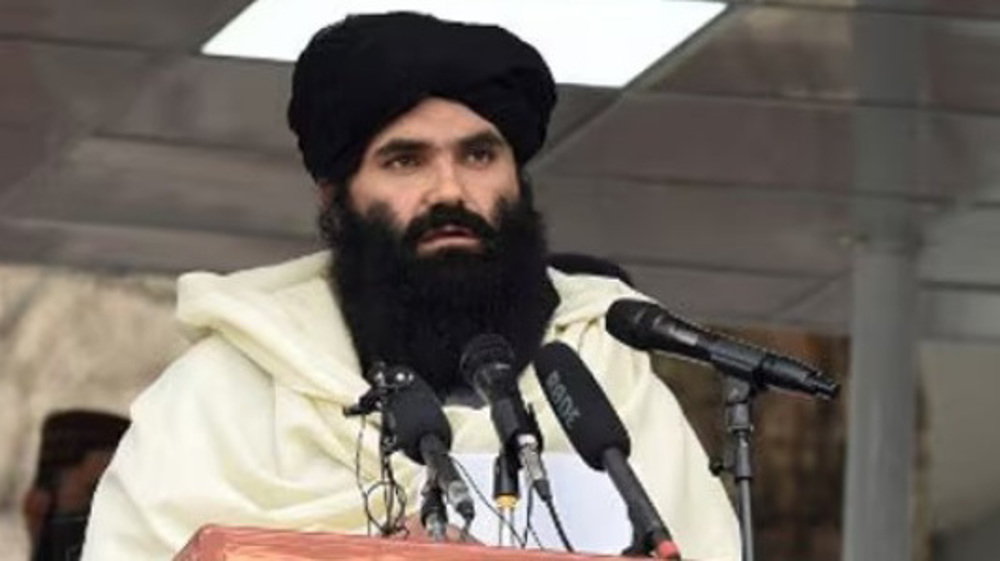
Taliban says US has lifted $10 million reward for information on deputy chief Haqqani
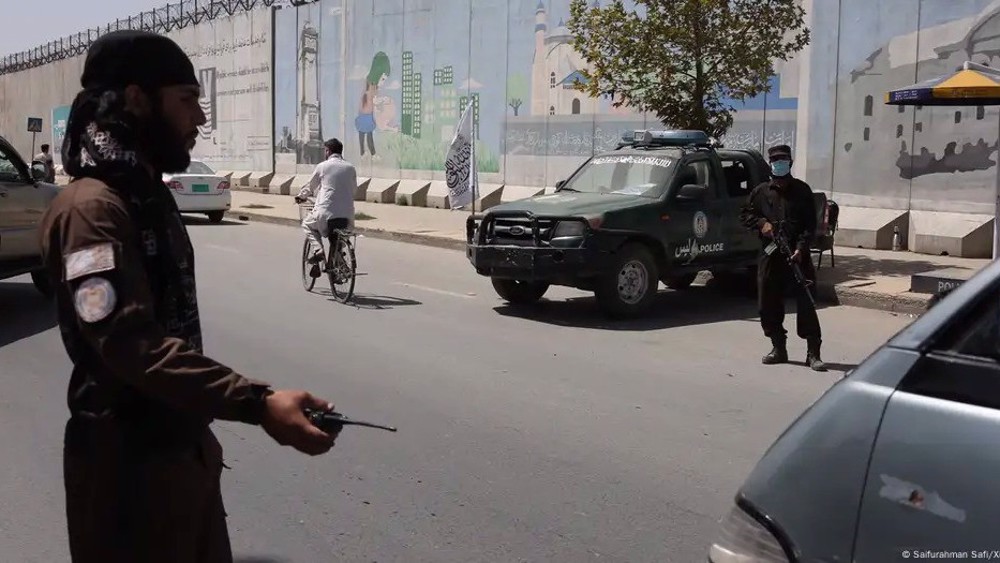
Deadly bombing attack targets Taliban ministry building in Kabul
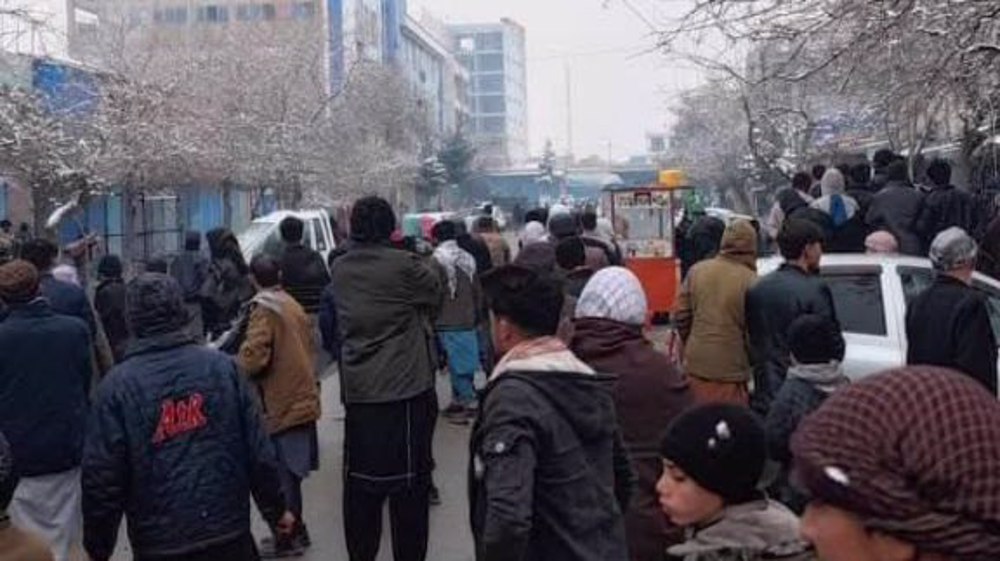
Daesh claims deadly bombing attack in northern Afghanistan
Israel's hawkish minister, husband accused of sex abuse by daughter
Iran breaks Germany's monopoly on cancer-treating Rhenium-188
Houthi: Israel has no interest in peace, seeks to obliterate Palestine
VIDEO | Iran, Russia strengthen cultural ties through Isfahan-Kazan sister city pact
VIDEO | Damascus protesters slam Israeli crimes in Gaza
VIDEO | South Korea seeks deal as Trump pauses new tariffs
VIDEO | Israeli forces massacre nearly 40 Palestinians in Alshujaia
China warns Ukraine over 'irresponsible' claim of Chinese soldiers in war


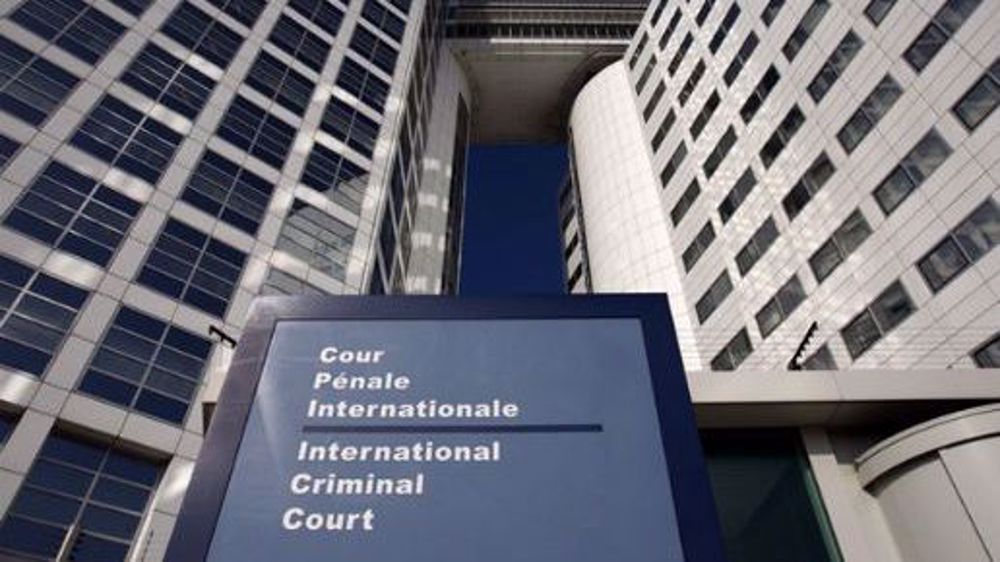
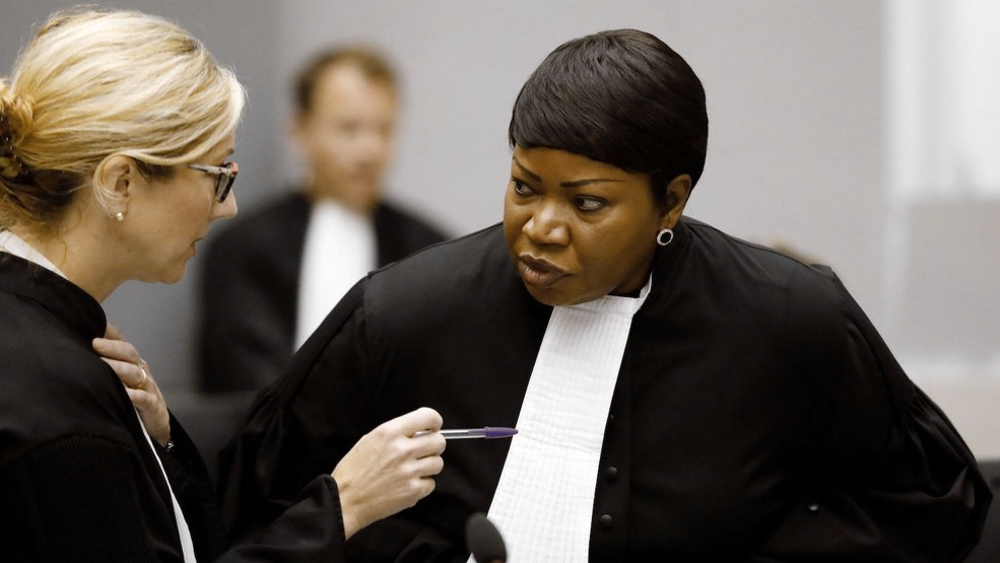
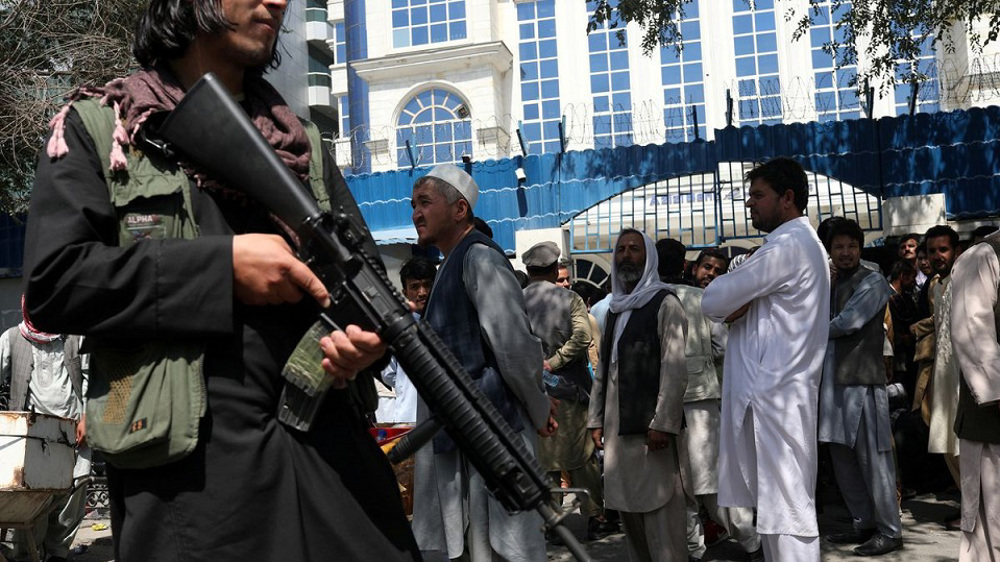



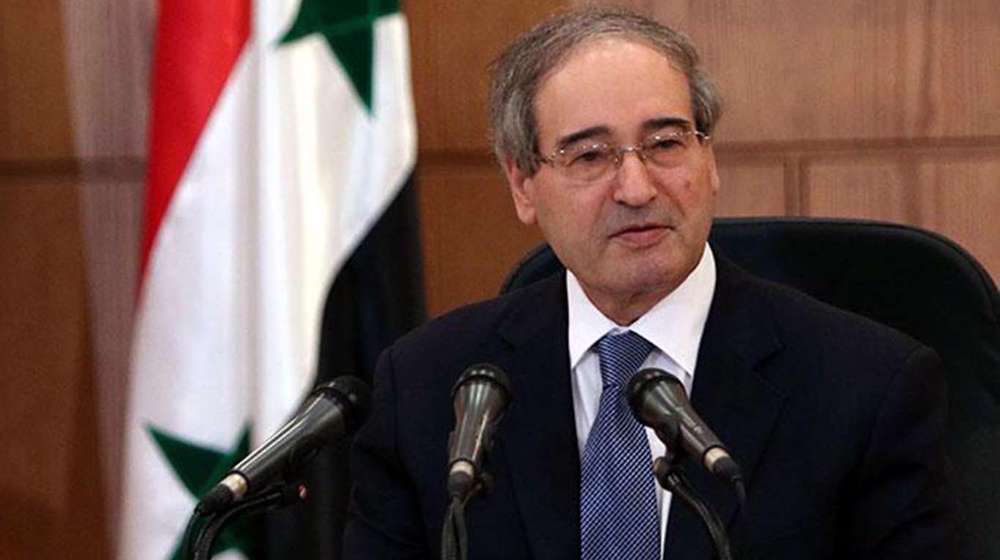
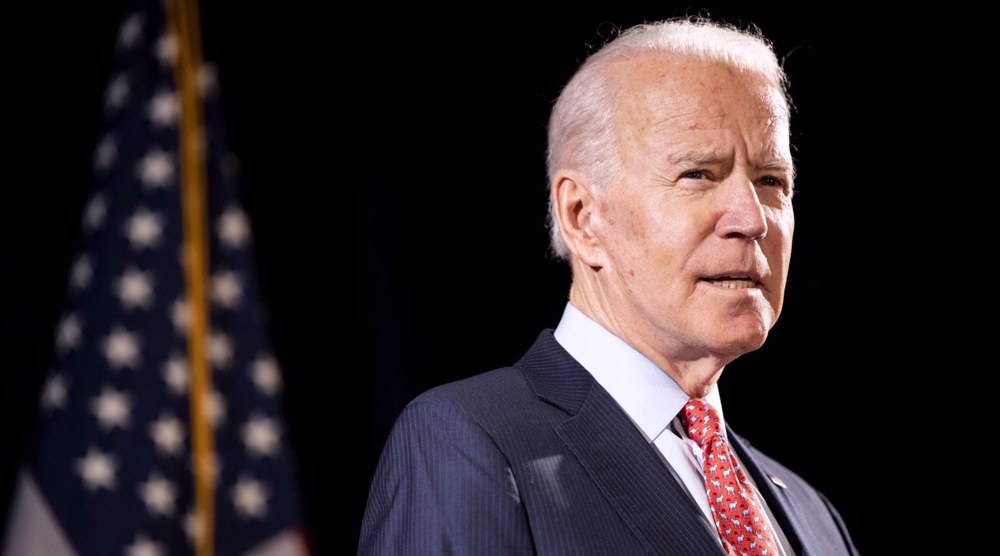
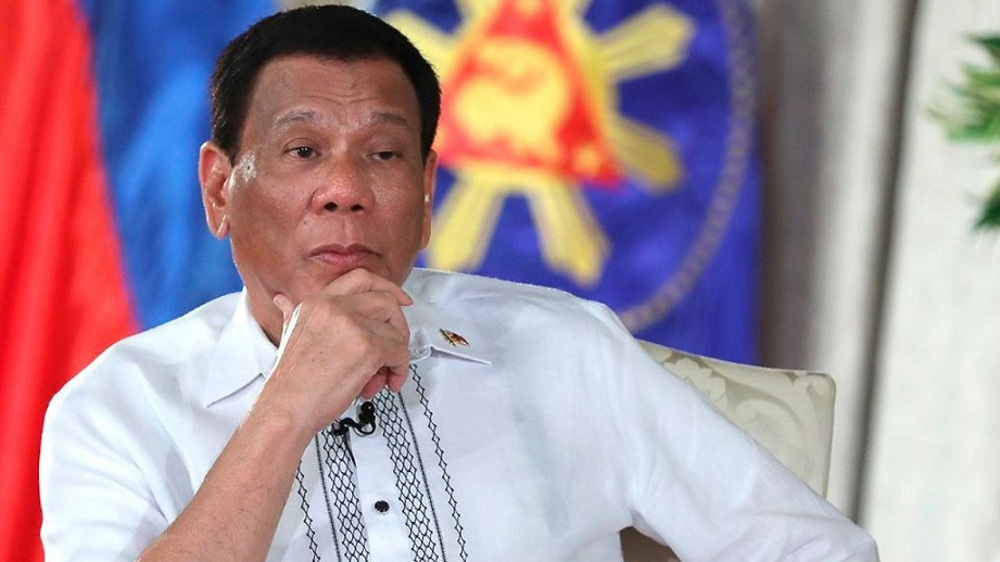
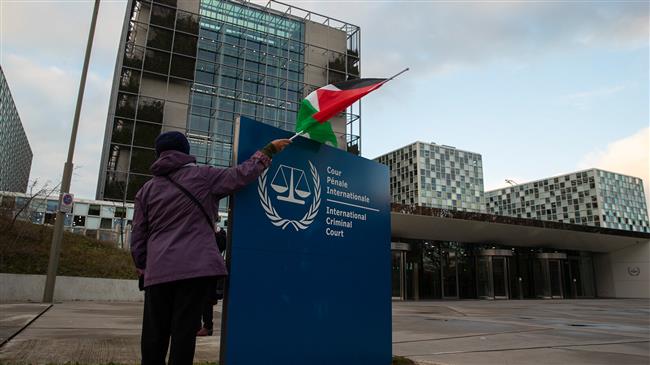
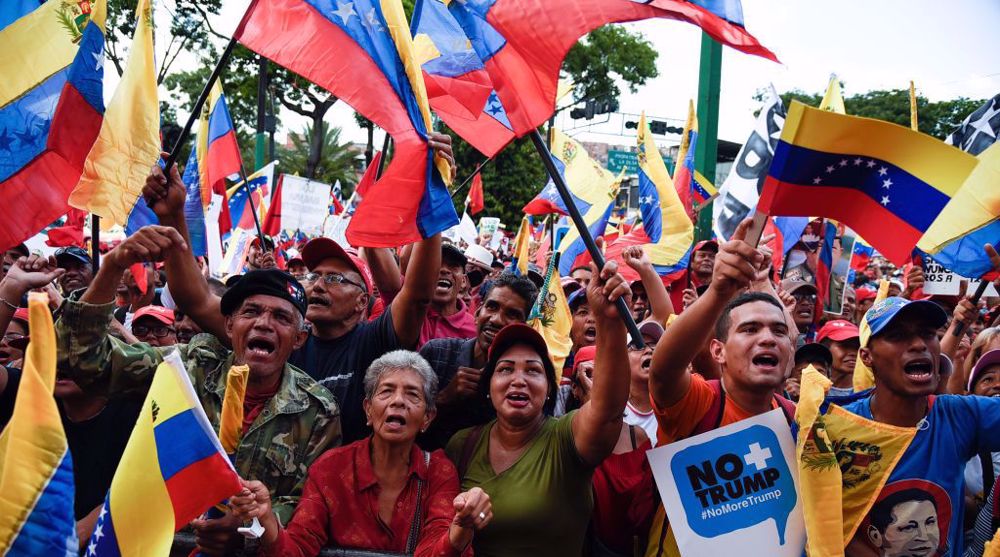
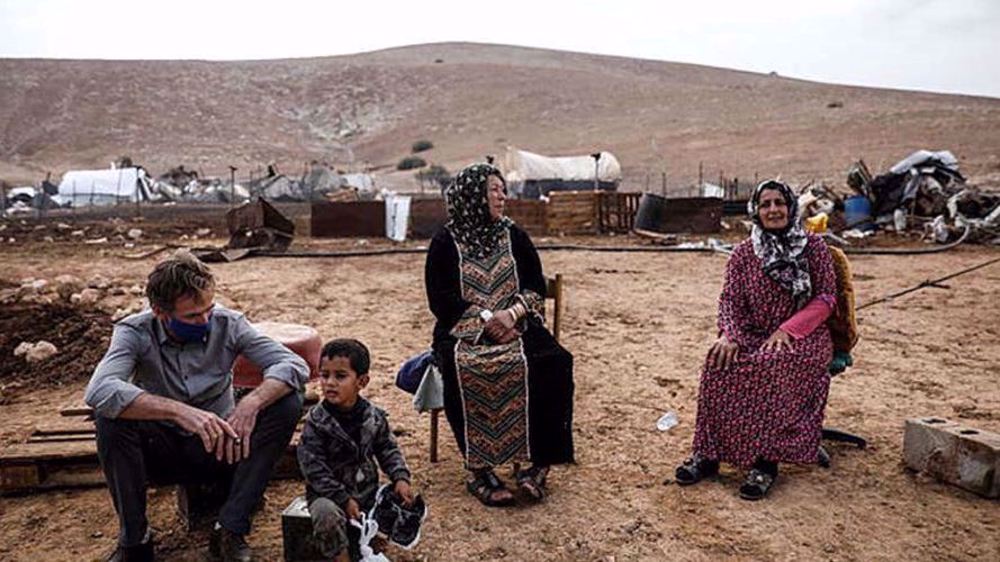
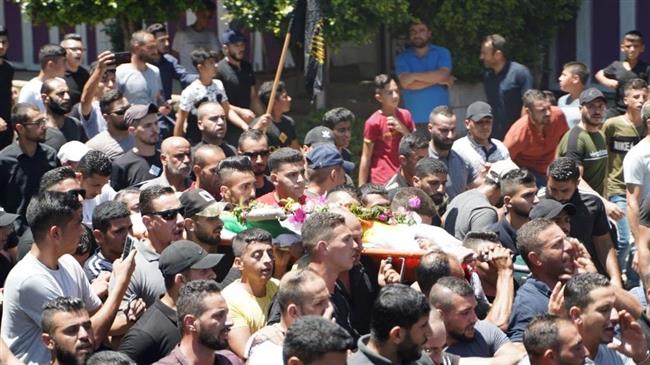
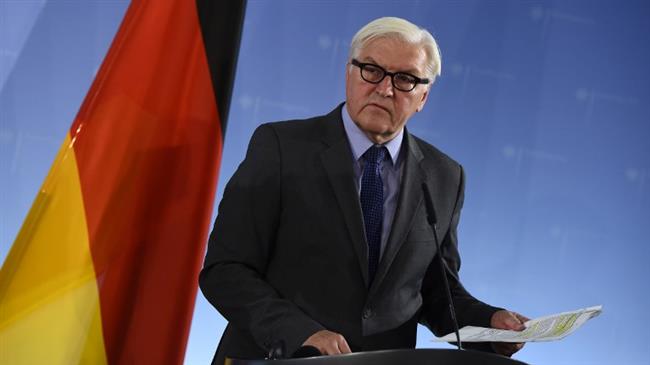
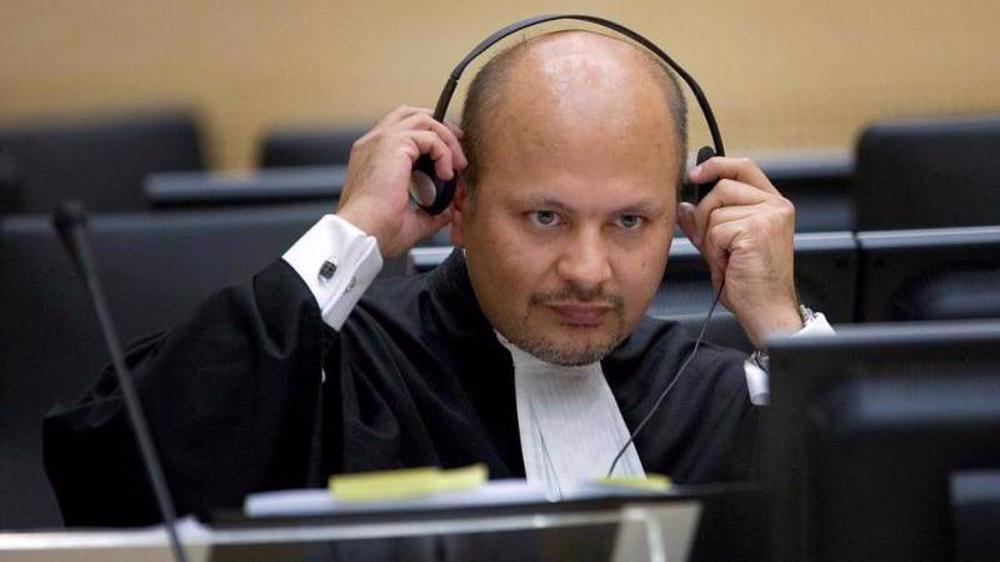

 This makes it easy to access the Press TV website
This makes it easy to access the Press TV website